
Allen J.G. - The Complete Q&A Job Interview Book (2004)(4th ed.)(en)
.pdf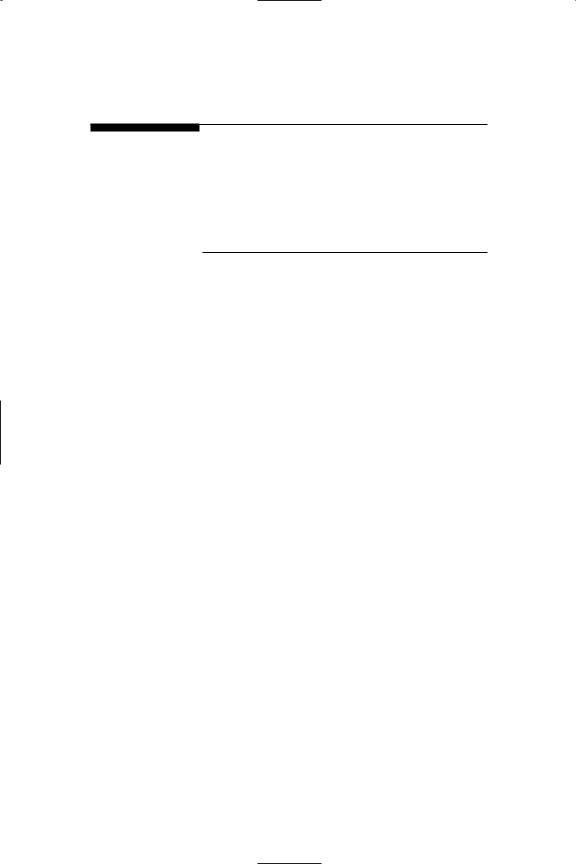
Chapter
2
Educational
Background

CHAPTER 2
DELIVERY
Although not as sensitive an area as personal and family questions, educational questions also cause applicants to trip when they make their grand entrances.
Degree delirium reached epidemic proportions in the United States during the 1960s and 1970s. After many casualties (and fatalities), industry has finally realized that experience in thinking doesn’t necessarily correlate to ability at doing. Experience at doing is a much more accurate measure. If you doubt this, just look at the early films of most veteran actors.
I discuss the value of initials after your name in Finding the Right Job at Midlife.
During a recent tour, I found myself in front of a microphone on an all-night radio talk show somewhere west of New York. I ran out of fingers counting the number of interviews that day and was due to catch a plane to the next city. Since they’re so much easier to catch when they’re on the ground, the host announced that the next call would be the last. The caller asked, “What does the ‘J.D., C.P.C.’ after your name mean?” Of course, the straight answer would have been, “Juris Doctor and Certified Placement Counselor.” But I just couldn’t be straight under the circumstances. As I removed the headset and stood up to leave, my candid reply said it all: “The ‘J.D.’ stands for ‘Just Do It!’, and the ‘C.P.C.’ stands for ‘Courage, Persistence, and Confidence!’”
So unless you’re applying for a job that requires a specialized course of study for entry (lawyer, doctor, certified public accountant, etc.), don’t waste a good worry about that piece of paper. In fact, be careful about accentuating unrelated edu-
32
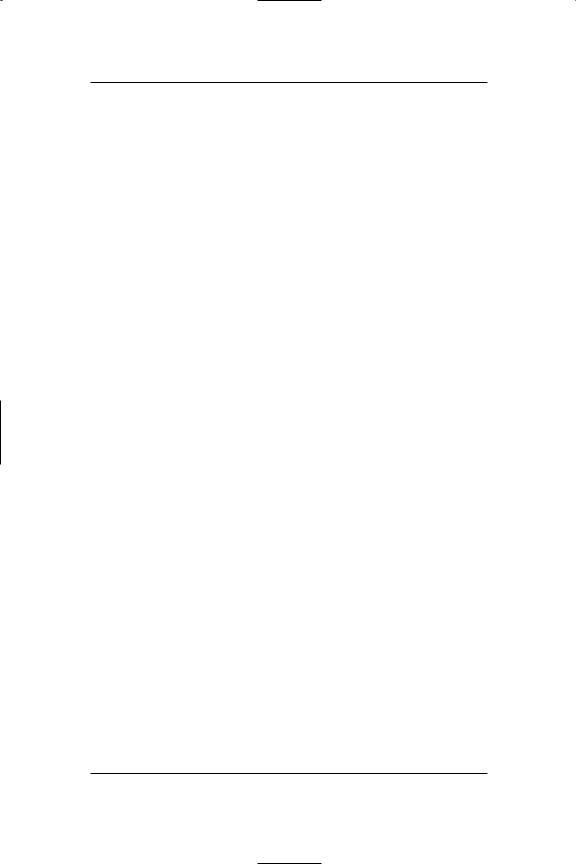
EDUCATIONAL BACKGROUND
cation—it can pull you off the stage like a hook from the wings.
Don’t falsify anything, and be sure to indicate any other names you used in school. (Sorry, Farrah Rambo Einstein is already taken.) These can be checked easily and usually are.
Instead, tell how your education ties in with:
1.A business approach.
2.Self-discipline.
3.The target job you’re after.
SCRIPT
1. What college did you attend?
I went to ____________ in ______________.
2. Why did you attend that particular college?
I chose _________________ because of its competitive atmosphere and the good reputation of the _____________
School. Although I could have attended other colleges, this one emphasized practical, job-related courses and student participation in activities related to their specific career plans.
Many of my friends found themselves going to colleges their parents had chosen, but I set my own educational and career goals. _______________ might have been a little more expensive than some of the other colleges,
33

CHAPTER 2
but this forced me to work harder because I helped pay my own way.
I’m pleased with my decision. I relied on my instincts, and they paid off. Now I’m extremely optimistic about my future, because my college education also taught me selfreliance, time management, and the value of hard work.
3.Did your family have any influence on your choice of college?
My family had several suggestions to make, but they realized I was pretty sure of myself and knew what I wanted. They stood back and let me decide. They agreed with my decision when I shared the results of my research with them.
4. What was your major in college?
I majored in _____________________ with a minor in
_____________________.
5.What made you choose_____________________
as your major?
(Your answer here will obviously depend on your individual situation. Here are two scripted responses. The first is for people who majored in a subject or area that directly applies to their careers. The second is for those who majored in one thing and are doing another.)
34

EDUCATIONAL BACKGROUND
I always knew ____________________ (business management/electrical engineering) was where I had the most potential, and I’ve remained with it because I turned out to be right. Not everyone is as fortunate as I have been. It’s very difficult at 18 to predict and plan for the future; but, even then, I knew what I wanted to do. I’m glad I set my goals at a young age. It has worked out well for me.
OR
When I was 18, nothing in the world seemed so important as ______________ (U.S. history/philosophy/English literature), and I studied for the sake of learning. Later, I realized I needed further education in subjects that would help me in my career.
6. Do you feel you made the right choice?
(Again, the first answer is for those who never made a career veer, and the second is for the rest of the world.)
Absolutely, and my career success bears me out. I am very happy with the path my life and work have followed.
OR
Yes, at the time I did. I learned a great deal, and I believe in the value of education. I, of course, went on to learn more, both formally and on the job, that applies directly to my field. I’m glad I started out in one area and switched to another. It has enhanced my ability to be creative and flexible because I have learned different approaches to performing the work successfully.
35
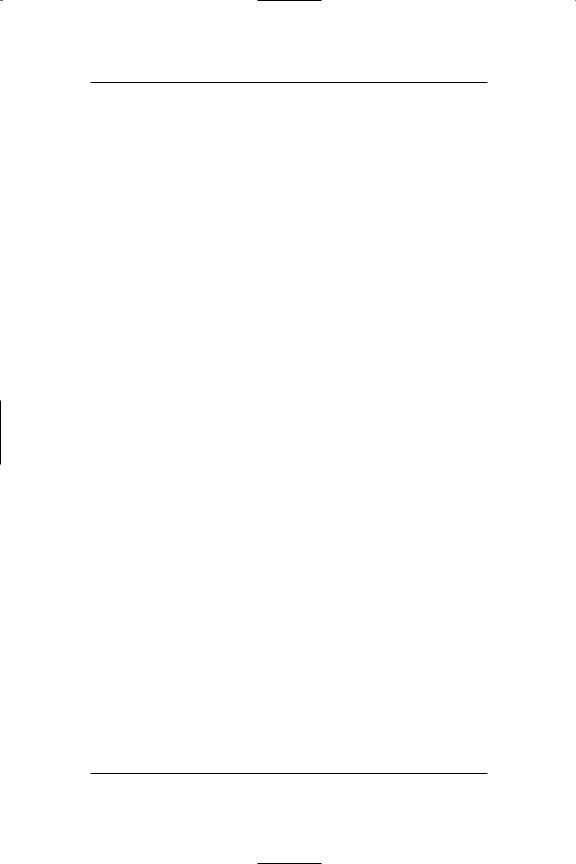
CHAPTER 2
7.How have your education and training prepared you for the job?
My education gave me the tools to succeed, and my training taught me how to do the job properly. Before I really knew what my job entailed, I only thought I would perform it well.
The training gave me the opportunity to apply my education. By having the chance to do the work expected of me in advance, I gained the confidence to meet future challenges and the experience to do so successfully. The real challenge starts where the education and training end.
Studying diligently and practicing constantly really paid off. Now I am confident in my work and have earned the respect of my coworkers.
8.What specialized training have you received to improve your job skills?
(From the three choices given, choose one answer that most closely applies to your situation.)
After beginning my career, I saw that my __________
(high school diploma/vocational education/undergraduate degree) wasn’t enough. I needed knowledge of a higher and more specific level, so I went back to school to get a
_________________ (bachelor/master) of ________________, which I (will complete/completed) in __________________. By integrating my studies with actual job experience, I found I could leverage the value I received through my ed-
36
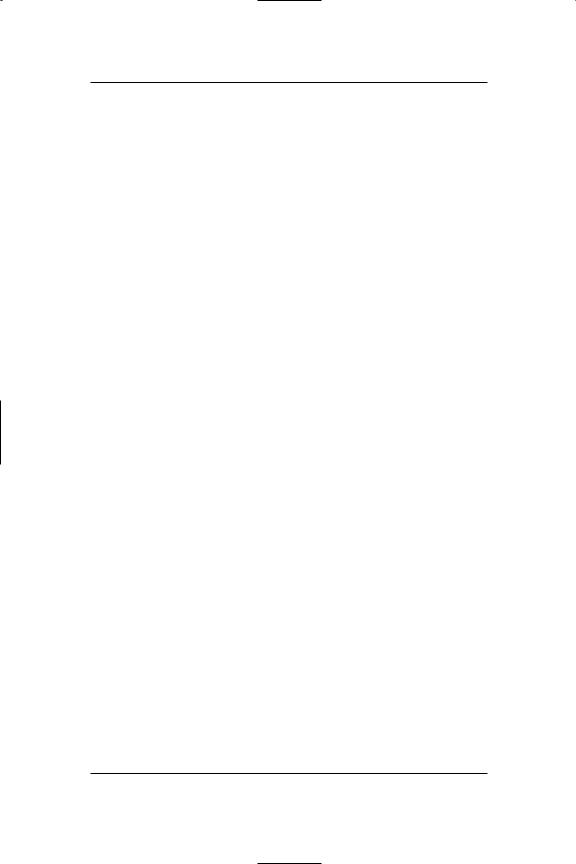
EDUCATIONAL BACKGROUND
ucation. I estimate I learned about 10 times as much that specifically applies to this field during my ______________
(graduate) work.
OR
I took every opportunity that arose to attend classes, seminars, and workshops in this area. Even when my employer wasn’t sponsoring the education, I used my own money and personal time to learn what I needed to know. It really paid off.
(If you can, mention two or three well-known and reputable seminars, especially those linked to schools prominent in the field—such as Wharton, Stanford, or AMA-sponsored seminars for management candidates.)
(Finally, if no further formal education:)
I know education is important. When we stop learning, we stop growing and achieving. Since I began my career ________ years ago, I have been so thoroughly occupied with the demands of work that my ongoing education has been through on-the-job learning, companysponsored training, and similar activities. I read everything I can find that applies to my profession, subscribe to its trade journals, and keep myself current on new developments.
9.Why didn’t you continue your formal education?
Two reasons. The first was my impatience to earn rather than learn. The second reason was that I enjoyed
37
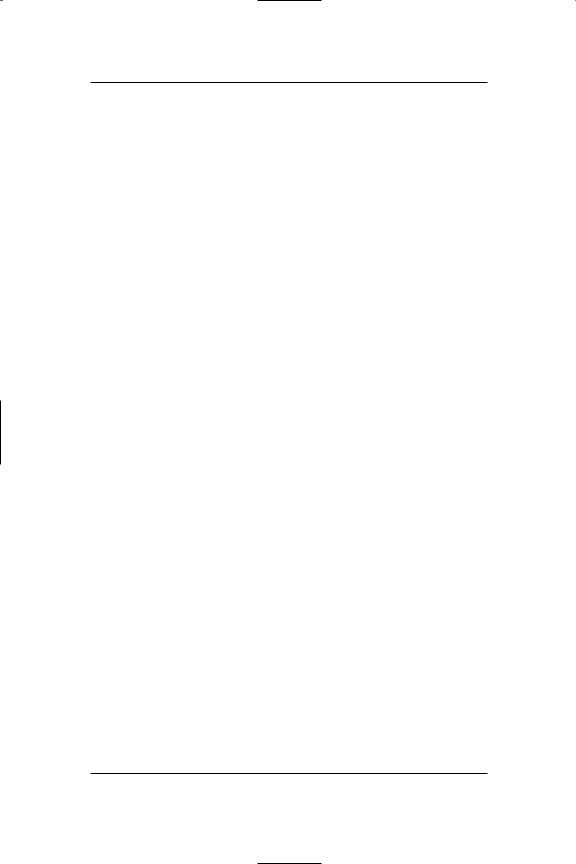
CHAPTER 2
being productive. As I mentioned, I worked part-time to pay my college expenses, and I was fortunate to be employed by some excellent companies.
My employers always seemed to want more of my time and talents, and in many cases, I was working at levels beyond what I was studying in my classes. Finally, I left school in my _______ year and devoted myself full-time to my career. I’ve never regretted that decision because I have continued to learn and grow with my work.
10. How did you do in school?
Dean’s list throughout, with a _______ grade point average.
OR
Above average—mostly Bs and some Cs. I worked and was involved in many extracurricular activities while maintaining a low B/high C average.
OR
My grades were average, but I spent a great deal of time achieving in other areas, such as part-time employment and extracurricular activities like
________________ (mention activities and affiliations related to the work for which you are applying). I always did my work thoroughly. As with most other people, if I could do it again, my grades probably would be much higher. I’d not only work harder, but I’ve learned a lot since then!
38
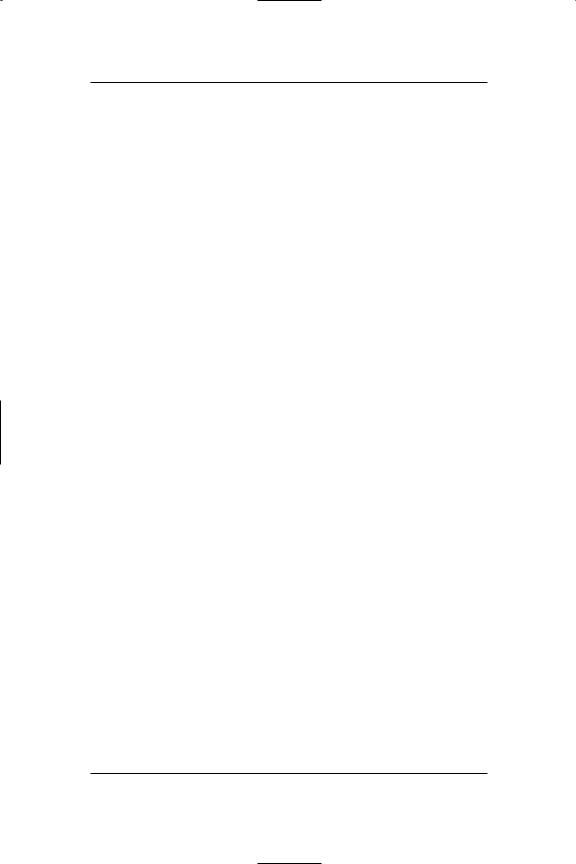
EDUCATIONAL BACKGROUND
11. How did you finance your education?
I worked part-time to pay expenses and (if applicable) had a financial aid package that included scholarships and student loans.
12.Are you currently taking, or do you plan to take, any evening courses?
I am presently studying _______________________ at
____________, which I find very valuable to my ongoing job performance and general knowledge.
OR
With the demands of keeping up with my job while interviewing, I haven’t signed up for anything this semester; but as soon as I’ve made a decision and settled into my new position, I’m sure I’ll be looking at those catalogs again. There’s always something being offered that can help me perform better and bring new ideas to my work. I like to learn about new developments. Education is a lifelong process.
13.Do you subscribe to trade or professional journals? Which ones?
Yes, I subscribe to and read ______________. (Mention the most influential journals in your field. If you don’t know them, do some research. If you’ve ever con-
39

CHAPTER 2
tributed an article that was published, mention that as well. If you don’t subscribe now, get your hands on back issues and mail in your subscription orders before you begin interviewing. It makes career sense to be conversant about new developments in your profession, no matter what your current job level.)
14.In the past year, have you attended any professional seminars or conferences? At your own expense?
Yes, I attended ________________________________
in ________ (month) and (if applicable, continue listing)
_______________________ in __________ (month). My employer paid my registration fees. I would have attended at my own expense, however, because these courses were valuable to improving my productivity.
OR
No, not in the past year, but at other times in the past I’ve attended seminars and workshops on
________________ and ________________ given by various organizations in the field. Because there are so many seminars available, it’s important to be careful in making a selection. Otherwise, there would be no time left to apply what is learned.
Because I’m selective, I always get something out of every educational program I attend. If a program is offered that would help me improve my knowledge or
40
